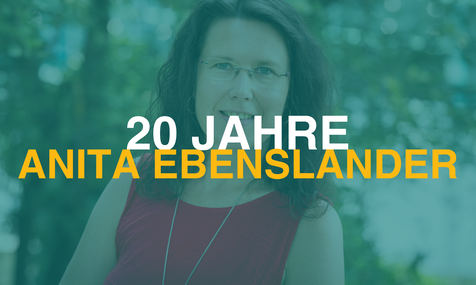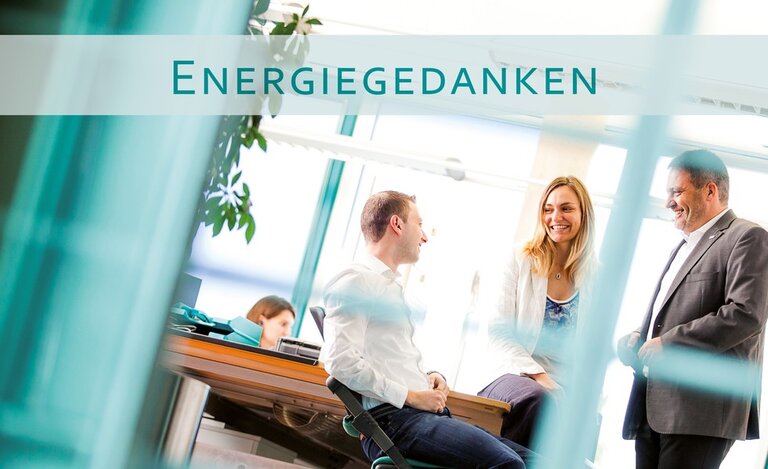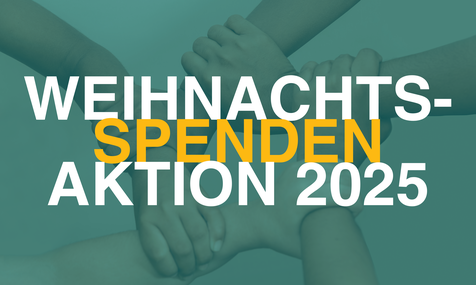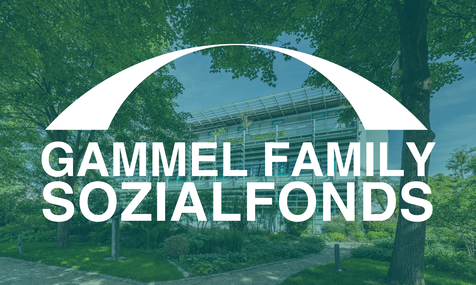Electricity grid competition - what is it? The German liberalization fairy tale
All of the "big five" also had two other electricity divisions: generation in power plants and the sale of electricity. At some point, the EU Commission no longer liked the fact that the groups offered everything from a single source when it came to electricity - of course, similar conditions also existed in other countries. Which is why the Brussels officials created a wonderful word: unbundling. This was intended to mean that (transmission) grid operation, electricity production and its sale to customers could no longer be in the hands of one company.
The German government - perhaps the ministers there were bored? - therefore set to work very quickly and in true German style. They first invented their own term for unbundling: "The liberalization of the electricity market." And it was officially unbundled with a vengeance. in any case, the unbundling began in 1998. Whereby: First of all, two of the Big Five merged: VIAG and Bayernwerk became Eon. Then there were only four left. And cities, municipalities, districts and states sold their shares and "gave" their citizens such wonderful things as the Bavarian High-Tech Offensive. The citizens' income was already gone.
Four: This is also exactly the number of transmission system operators (TSOs) that are currently dividing up the "liberalized market" for Germany's extra-high-voltage lines among themselves. However, they are no longer called Eon, RWE, EnBW and Vattenfall, but have adopted some wondrous-sounding artificial names: 50Hertz Transmission, Amprion, Tennet TSO, TransnetBW. Let's just call them "The New Four".
Thanks to political decision-makers, the majority of the companies no longer belong to those who once paid for the grids. Instead, the Dutch royal family, Belgian municipalities, a doctors' pension fund and international investors now receive the return on equity for electricity grids guaranteed by the federal government. Only the state of Baden-Württemberg has bought back its share of the grid, albeit at an overpriced price: from the Republic of France, the owner of the energy monopoly EdF, which is apparently not "unbundled" to this day.
Apropos monopolists: Despite the "liberalization of the electricity market", there is still no competition in the electricity grid in this country. This is because the Federal Network Agency has assigned a "control area" to each of the New Four on behalf of the German government. One of the four is always responsible for the transmission grid: for operation, expansion and new construction.
In return, each TSO is entitled to a guaranteed return on equity (ROE). This has been laid down in legislation by the Bundestag: Until a few years ago it was nine, now it is "only" around seven percent EKR. Bank customers can only dream of this. However, this is precisely why every TSO should try to have more and more grid. Because then there are also more returns for the owners. Of course, under the "strict regulation of the Federal Network Agency", that goes without saying.
And while every other public contract worth a few thousand euros or more requires a formal invitation to tender from at least three providers - as stipulated in the VOB and VOL, the "Contracting Regulations for (Construction) Services", the Federal Network Agency states succinctly in the case of transmission grids: "The TSOs are not commissioned by the Federal Network Agency to expand the grid. This obligation arises from the Energy Industry Act." It says there: The lines are "planned by the TSOs in whose control areas they run". And that is why there is neither competition nor public tenders even for the new construction and operation of the controversial direct current lines SüdLink or SüdOstLink, which are worth billions. The fact that grid usage already accounts for more than a quarter of the electricity price for "end consumers" and smaller companies is not a problem. Because no matter how much the expansion costs: The pay-as-you-go principle solves everything quite simply. In other words: electricity customers have to pay.
Once upon a time: this is how (almost) all fairy tales begin. And most of them end with: "And if they haven't died, then ... they're still around today". For the transmission system operators, this sentence would sound slightly different: "And if they continue to build lines, then they will earn more and more."
PS: Everything - apart from the amount of the guaranteed return - can also be read in detail in the Federal Network Agency's "Energy Lexicon"; keyword "incentive regulation" at www.bundesnetzagentur.de/energielexikon
(Author: Zukunftsenergie-Team Gammel)



